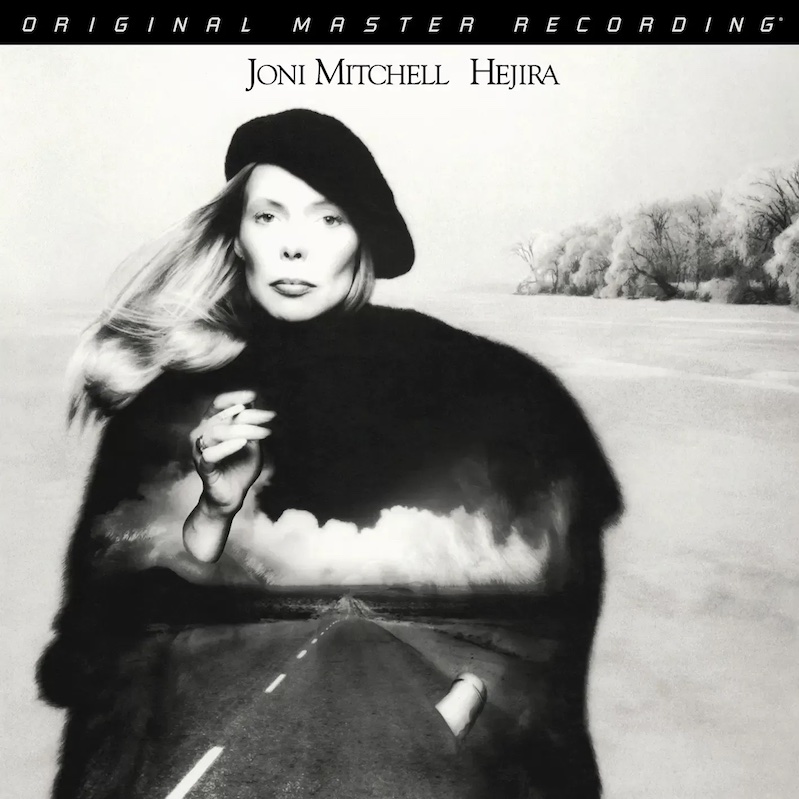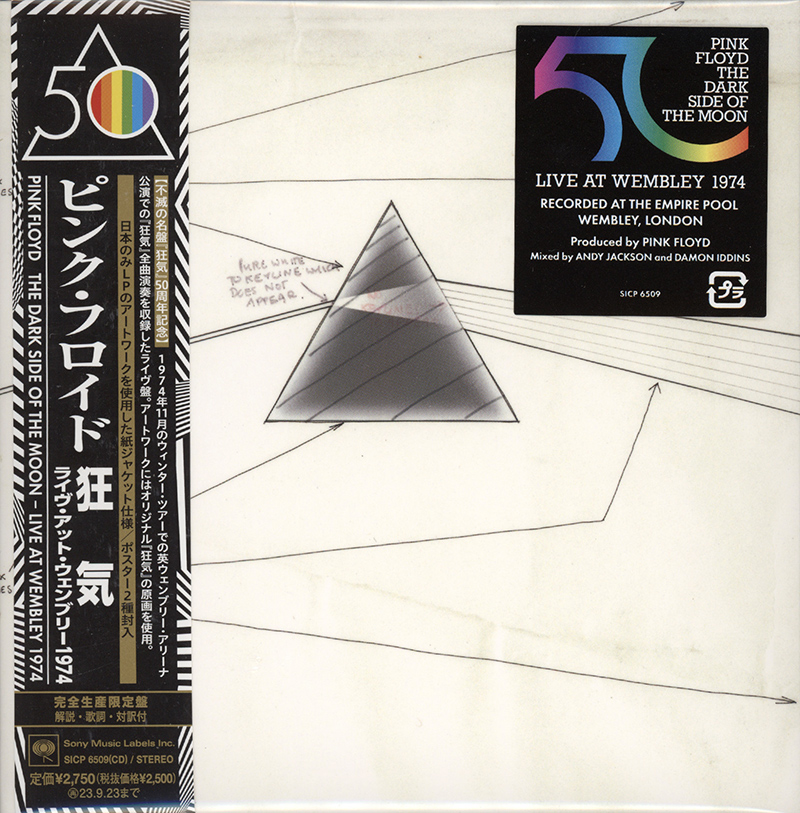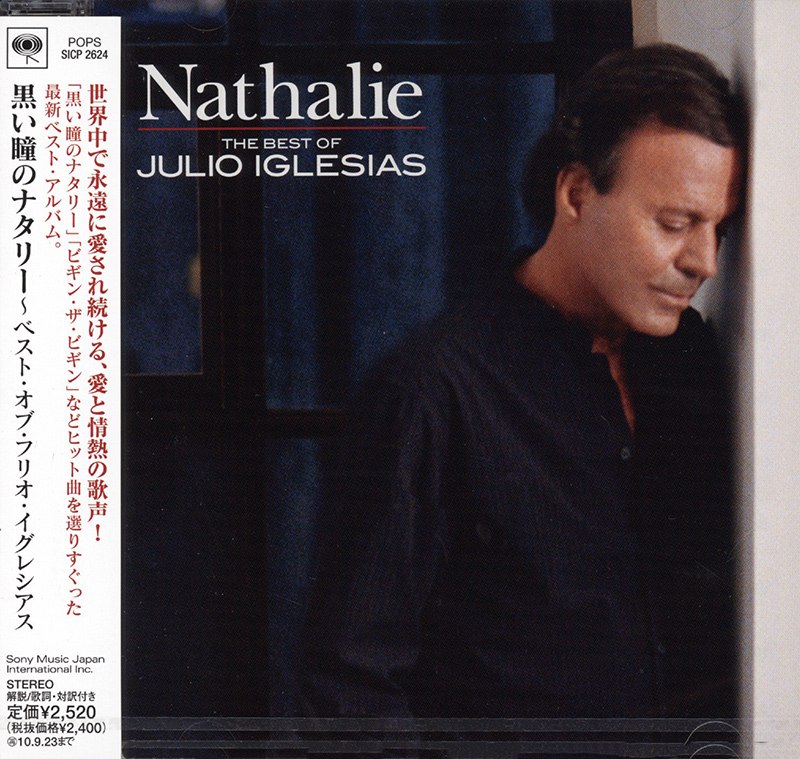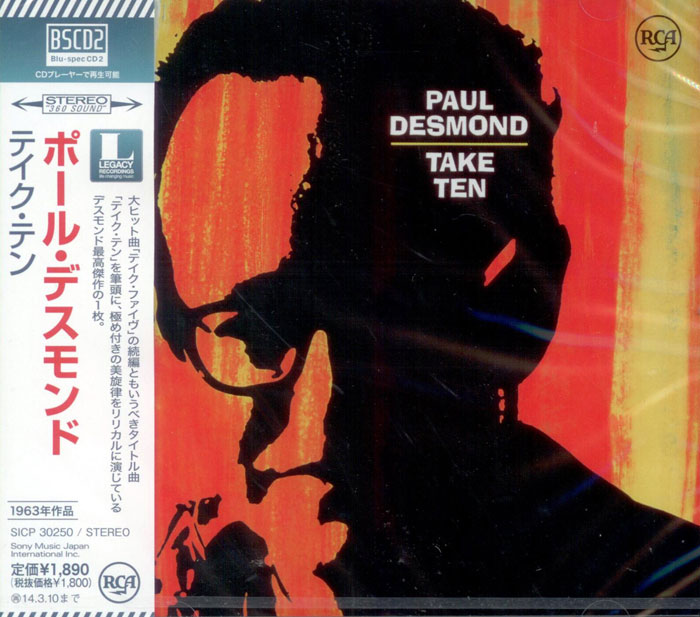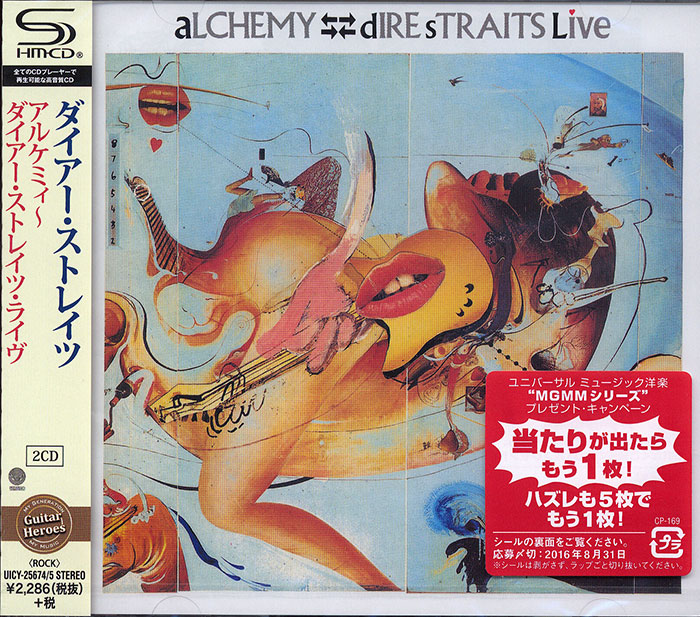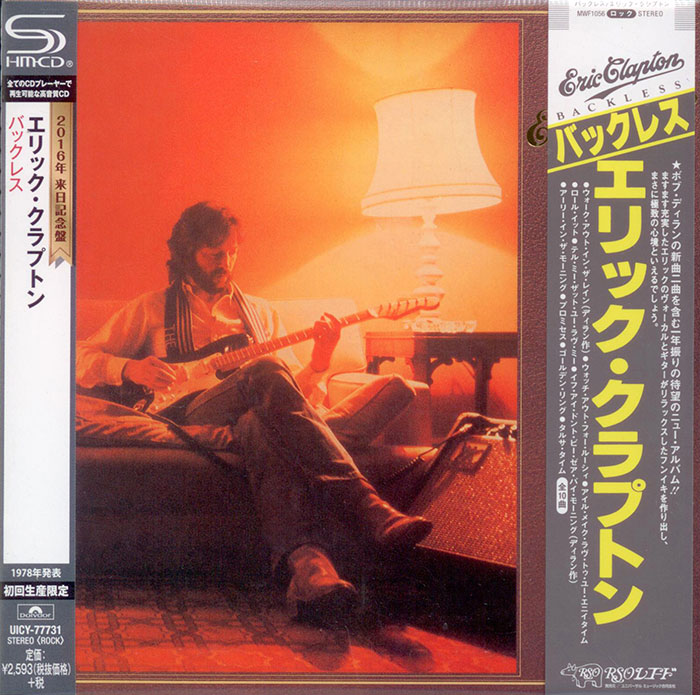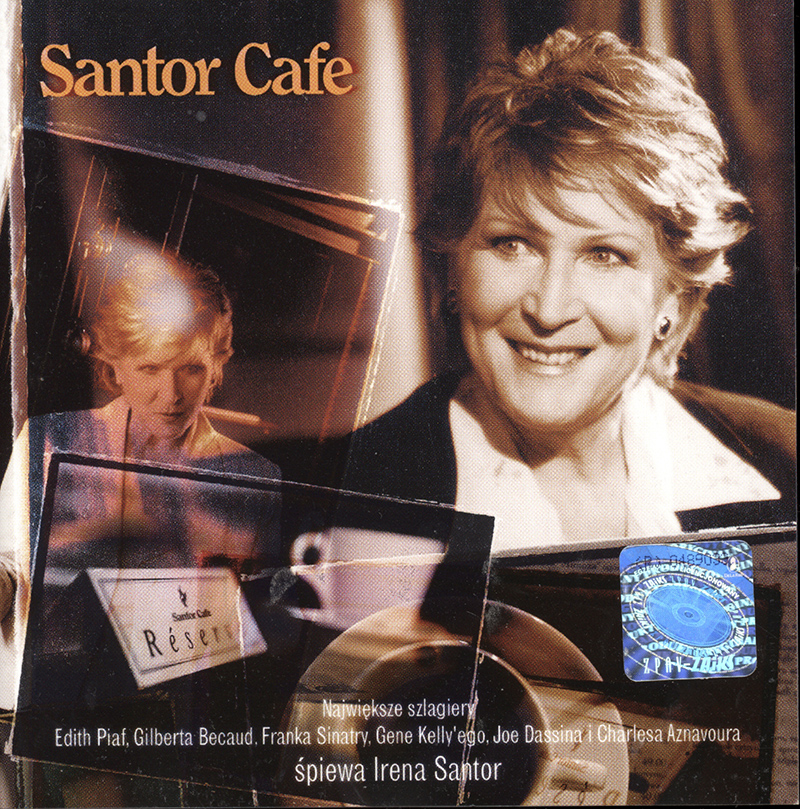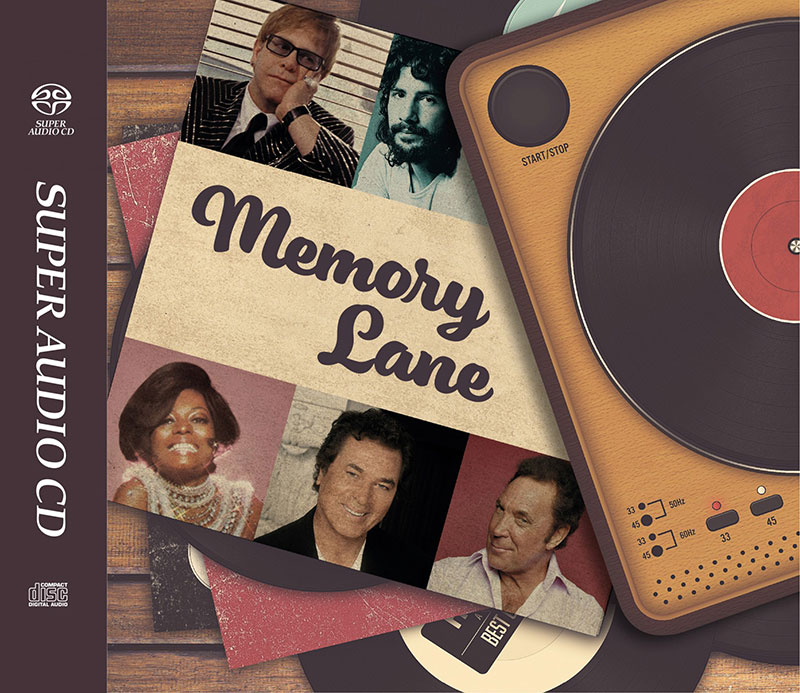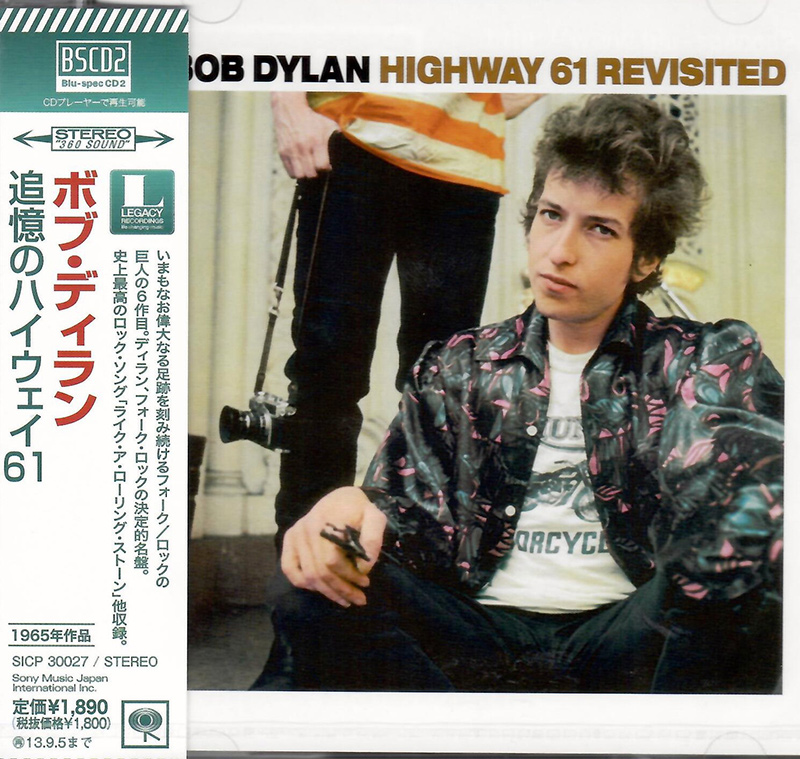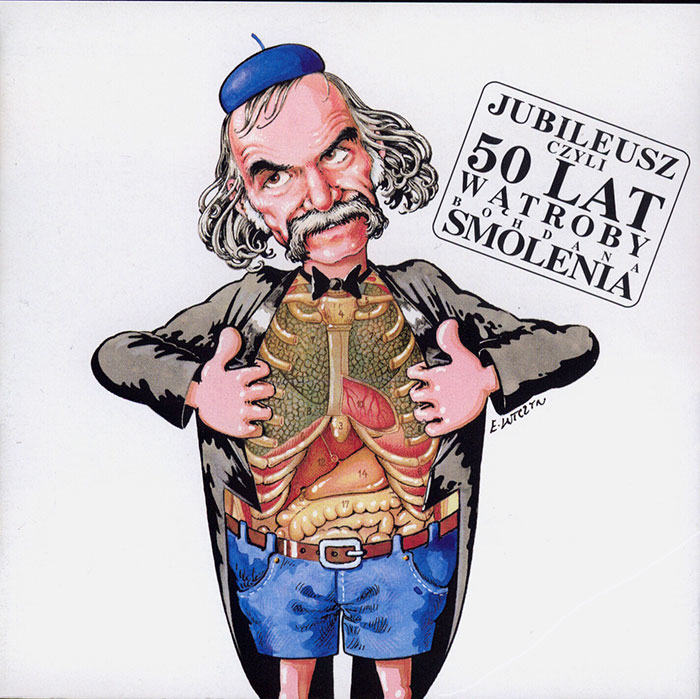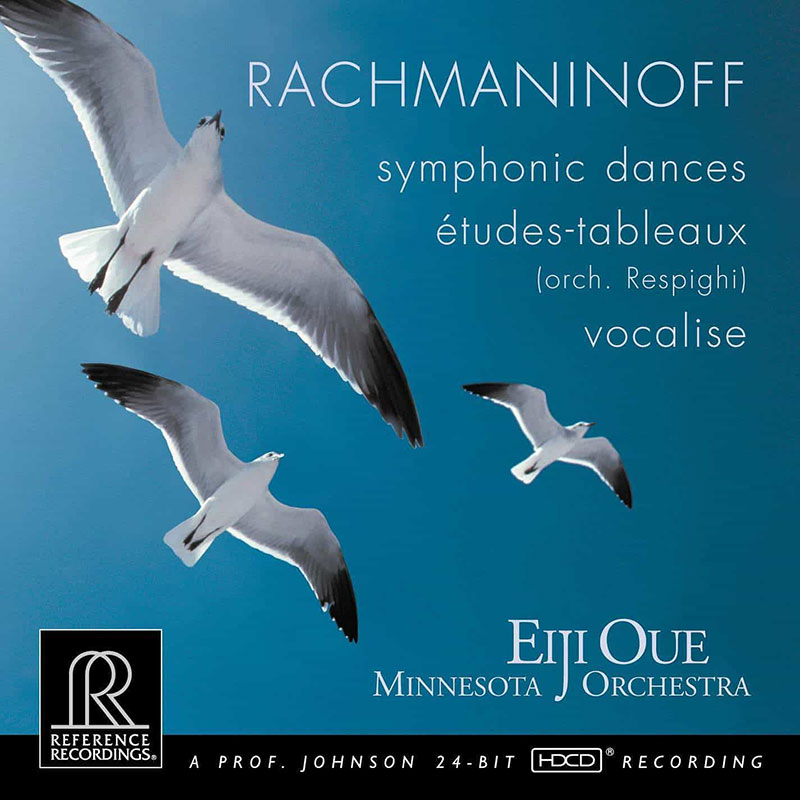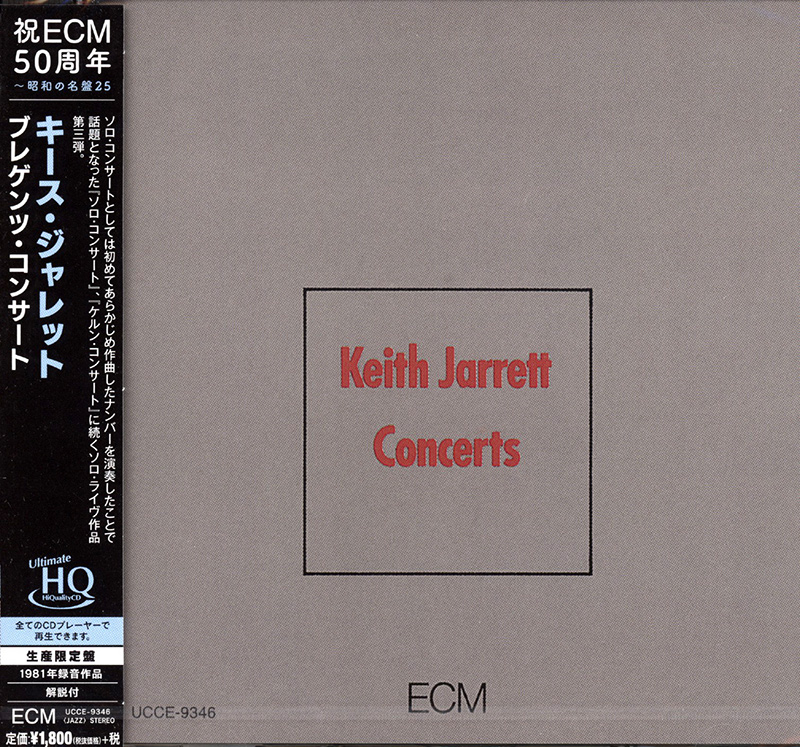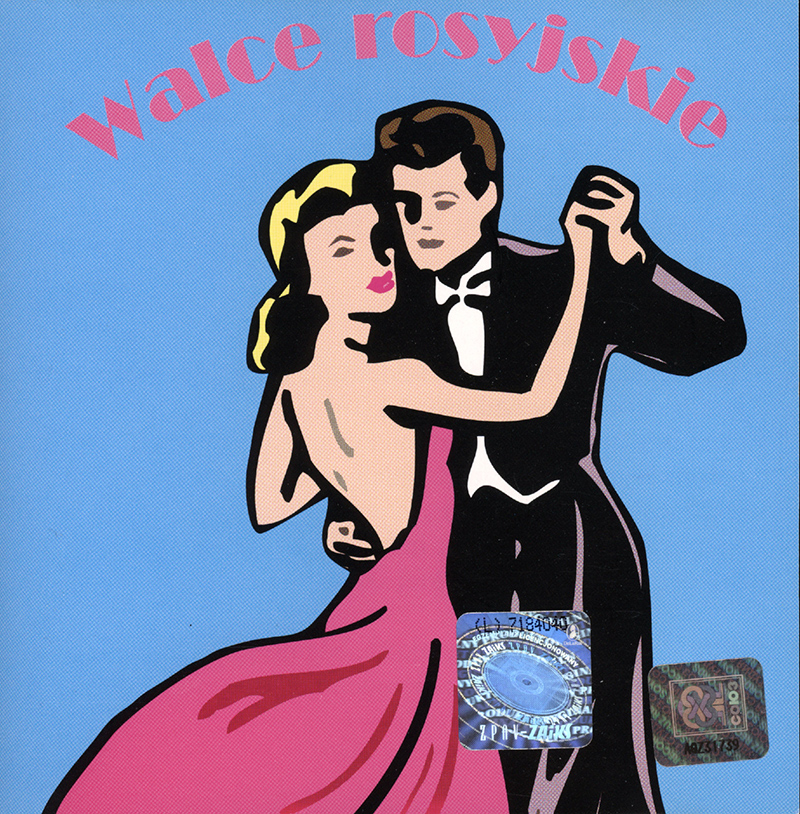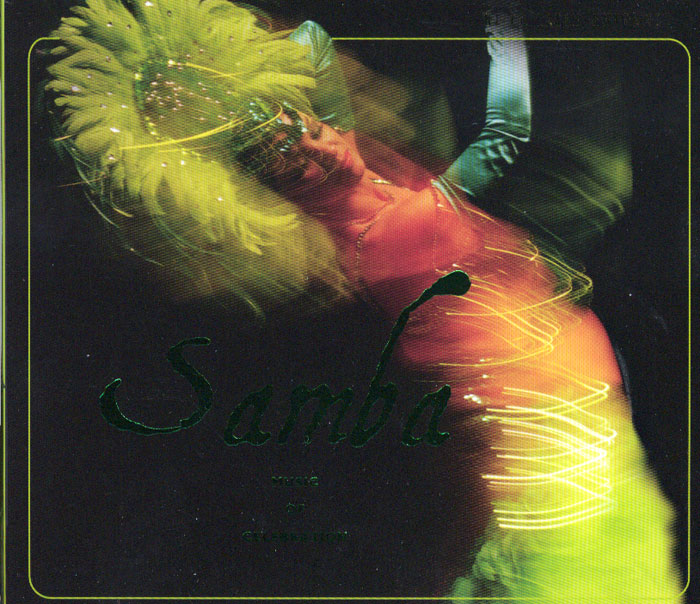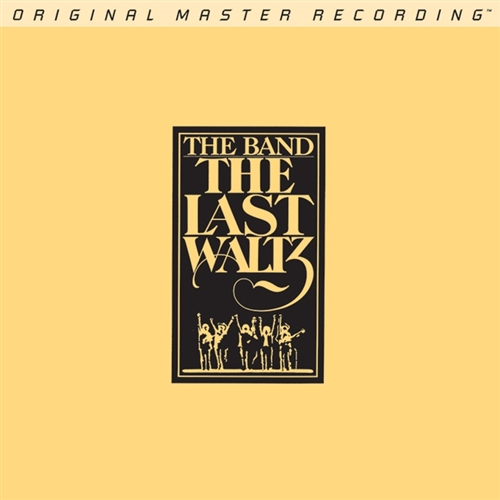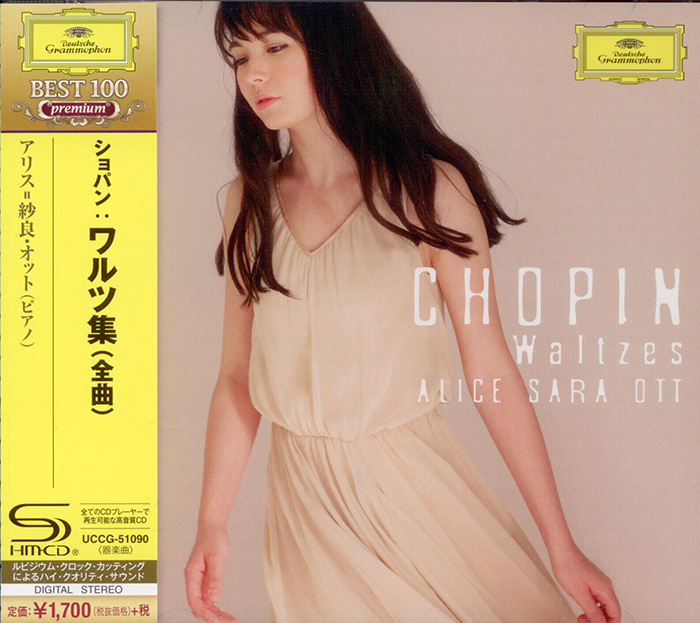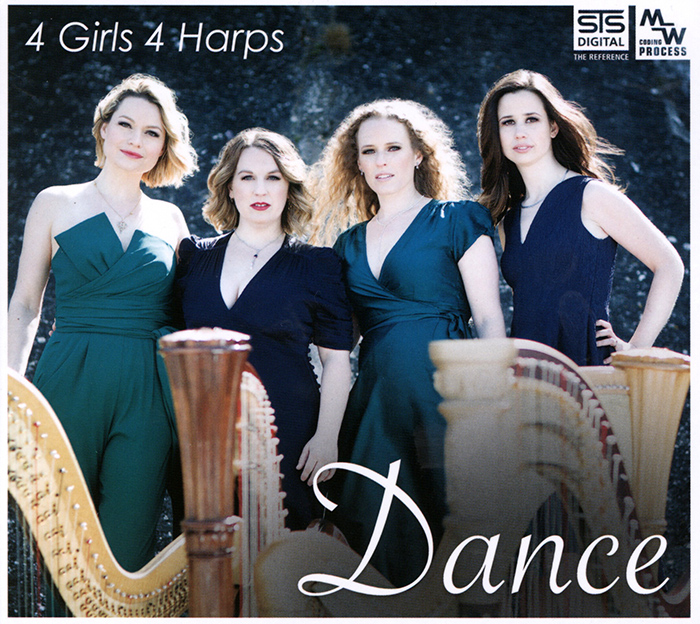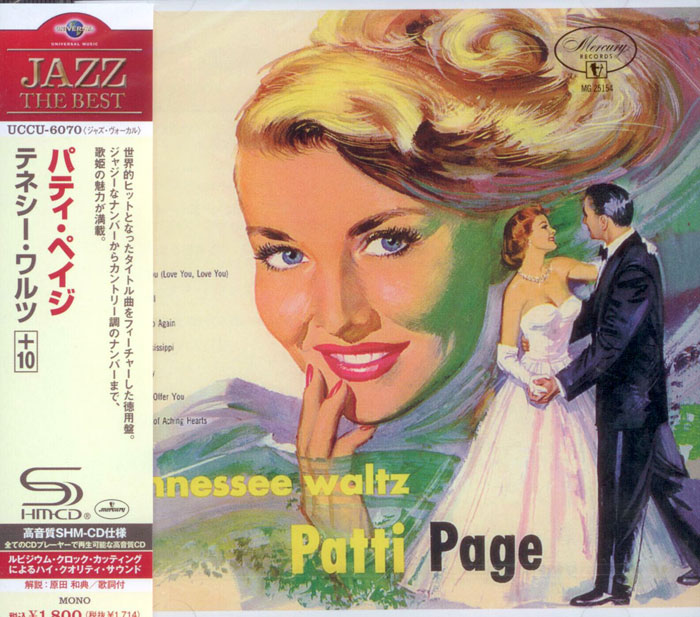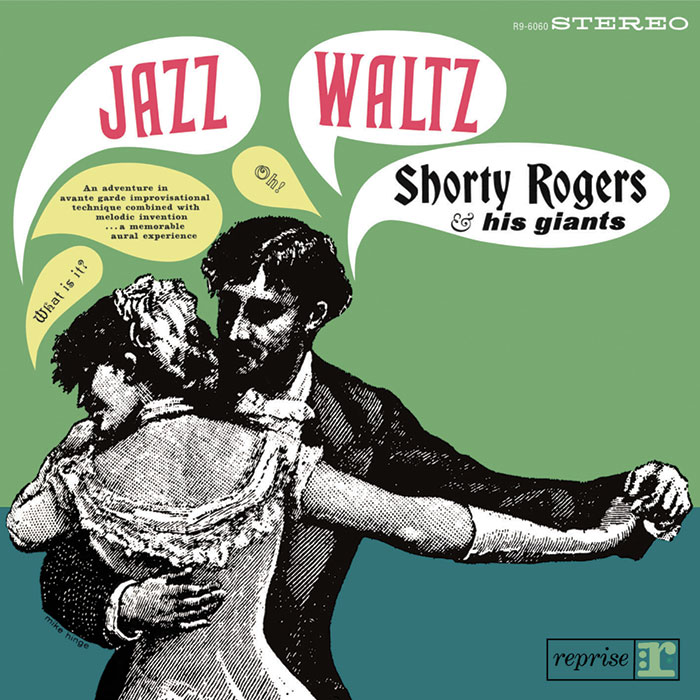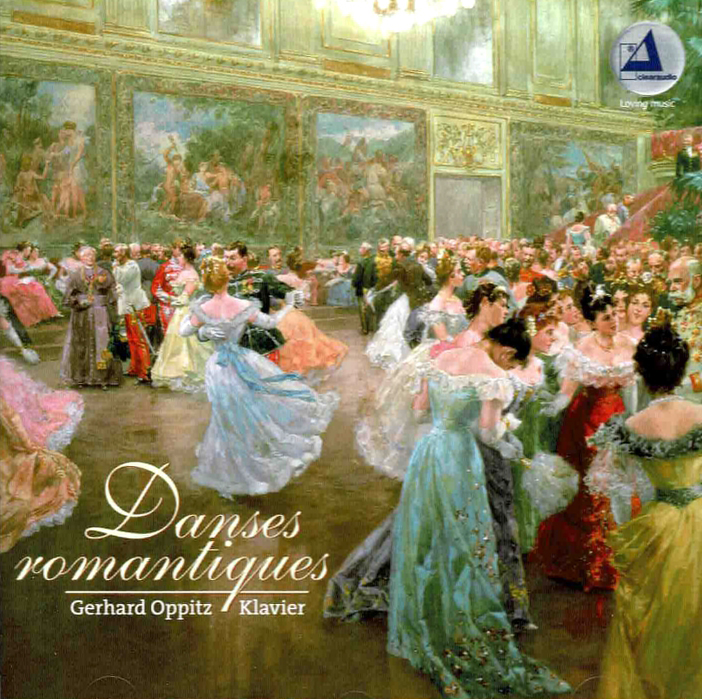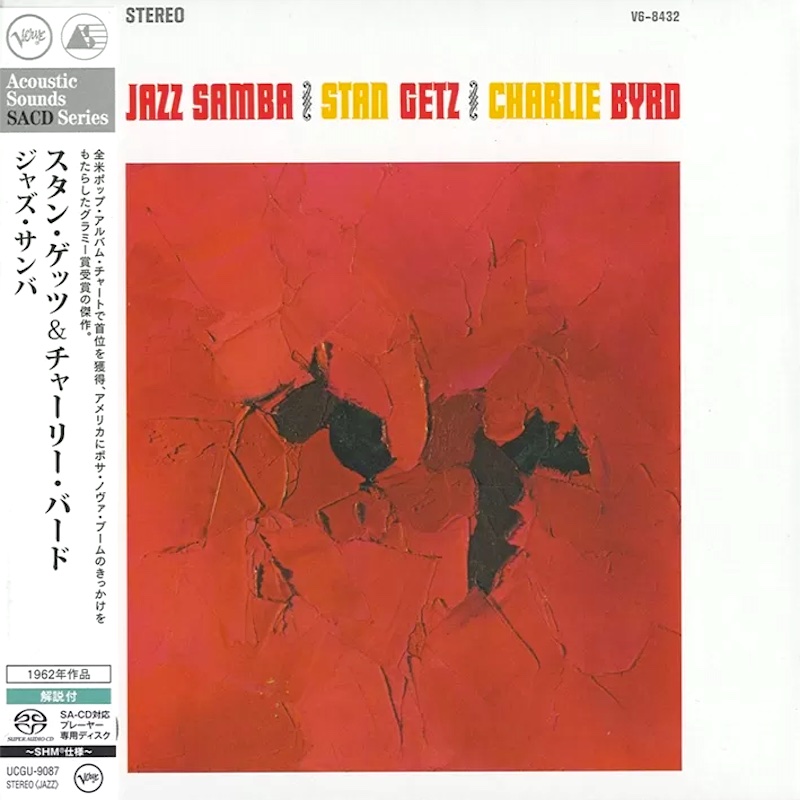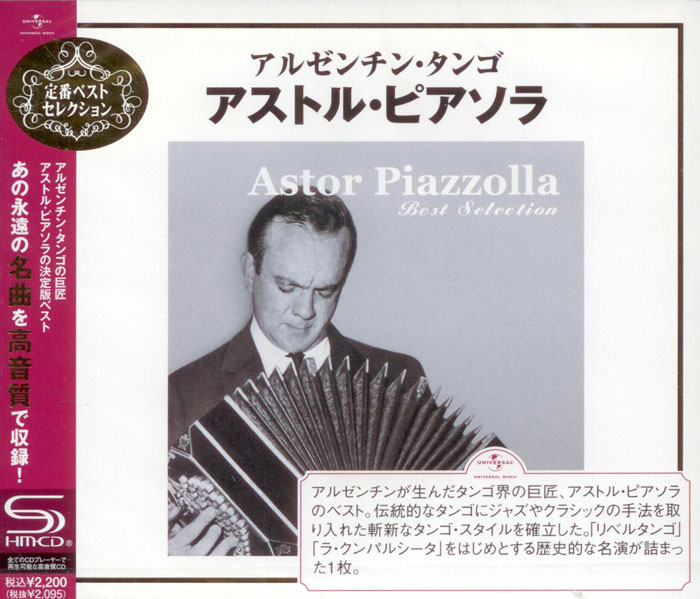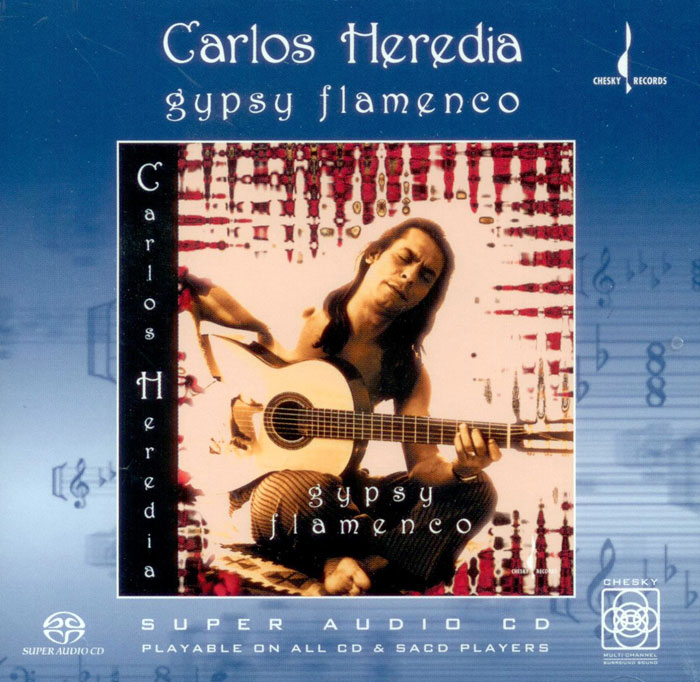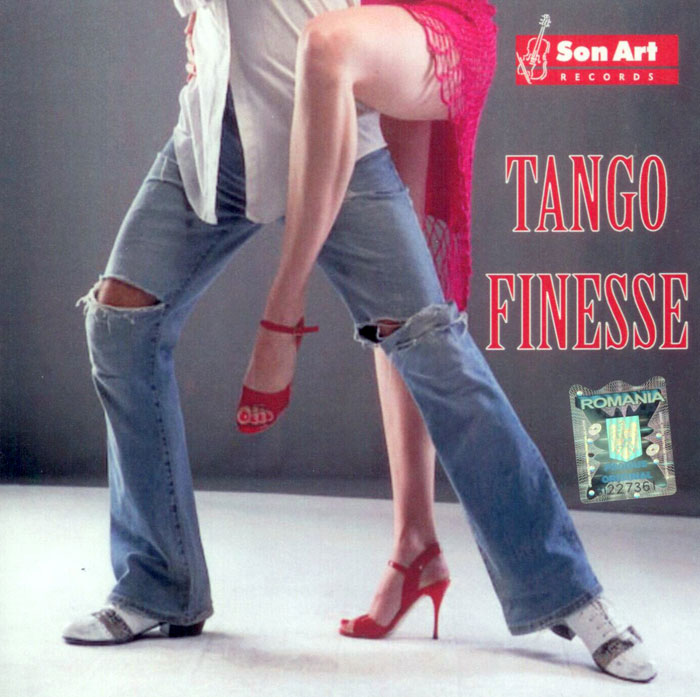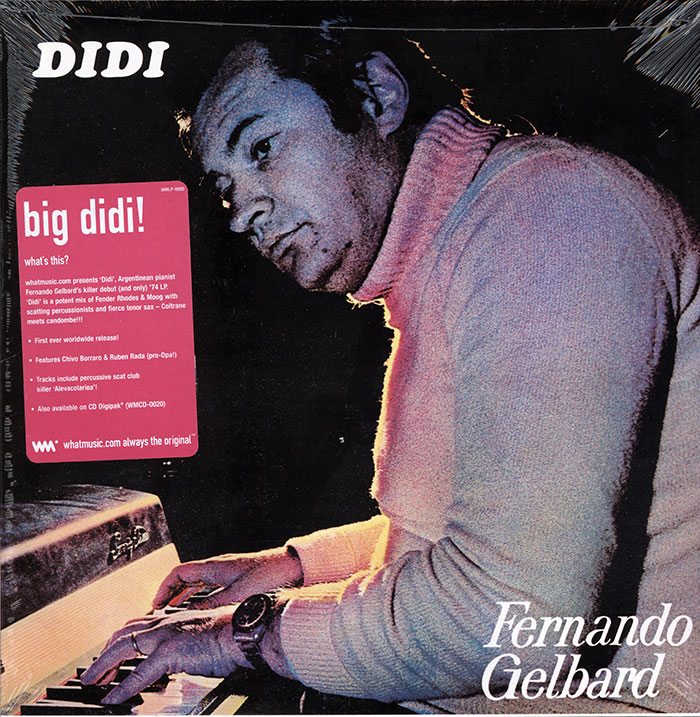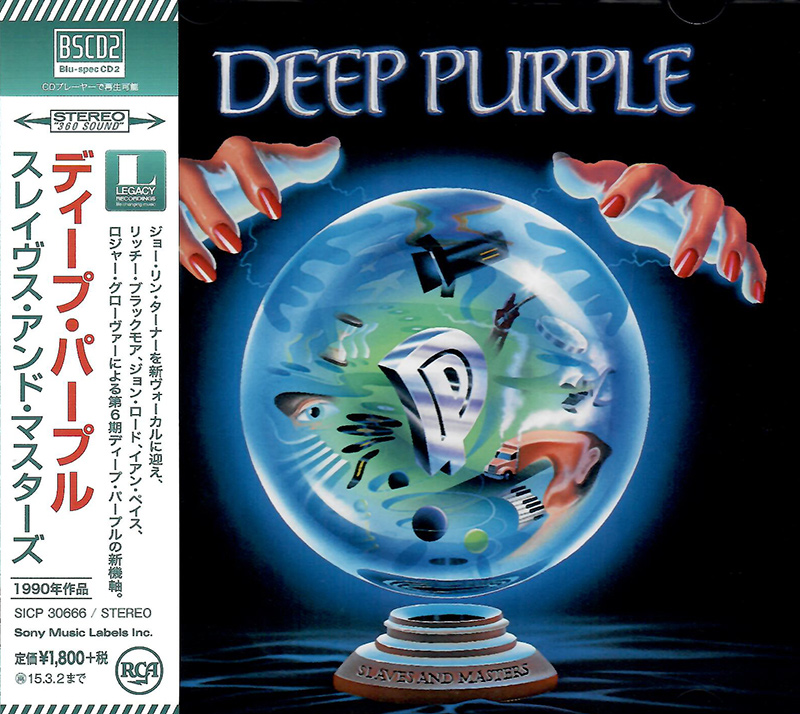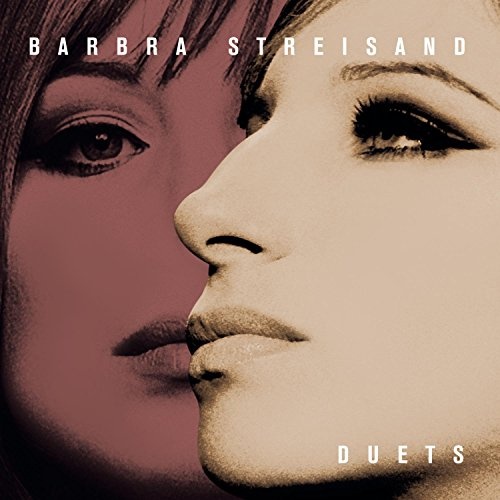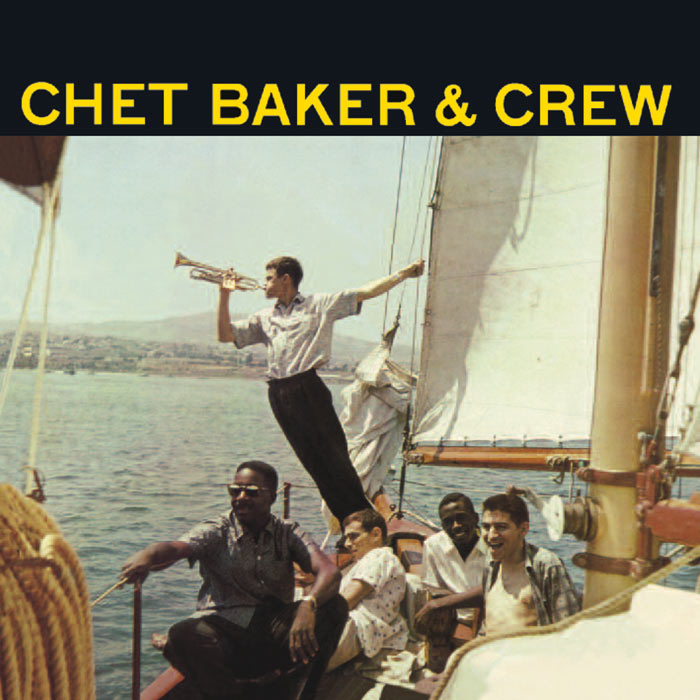Logowanie
Mikołaj - ten to ma gest!
Elton John, The Mamas & The Papas, Cat Stevens, Rod Stewart, Bobbie Gentry, Stevie Wonder, Engelbert Humperdinck
Memory Lane
Edycja Numerowana - 1000 egzemplarzy w skali światowej
RACHMANINOV, Eiji Oue, Minnesota Orchestra
Symphonic Dances / Vocalise
Best Recordings of 2001!!! NAJCZĘŚCIEJ KUPOWANA PŁYTA Z RR!
Karnawał czas zacząć!
Music of Love - Hi-Fi Latin Rhythms
Samba : Music of Celebration
AUDIOPHILE 24BIT RECORDING AND MASTERING
CHOPIN, LISZT, DEBUSSY, DVORAK, Gerhard Oppitz
Dances romantiques - A fantastic Notturno
Wzorcowa jakość audiofilska z Clearaudio
Winylowy niezbędnik
ClearAudio
Double Matrix Professional - Sonic
najbardziej inteligentna i skuteczna pralka do płyt winylowych wszelkiego typu - całkowicie automatyczna
Fernando Gelbard
Didi
whatmusic.com presents 'Didi', Argentinean pianist Fernando Gelbard's killer debut (and only) '74 LP. 'Didi' is a potent mix of Fender Rhodes & Moog with scatting percussionists and fierce tenor sax - Coltrane meets candombe!!! First ever worldwide release! Features Chivo Borraro & Ruben Rada (pre-Opa!) Tracks include percussive scat club killer 'Alevacolariea'! When 'Didi' was recorded in Buenos Aires during August 1974, five Argentineans and one Uruguayan landed at Music Hall recording studios. Their leader was Fernando Gelbard, an Argentinean pianist, flautist, composer and record producer. 1974 was a time when neither synthesizers nor Fender Rhodes pianos were usual in Buenos Aires. Nevertheless, Fernando Gelbard chose to forgo his acoustic instruments in making 'Didi', thus becoming the first musician in Argentina to make a jazz record exclusively on the new electronic instruments. This is a pioneering project in more than one way. Through the use, for instance, of two percussionists in all the tunes - with the the exception of a short piece recorded entirely with the Moog synthesizer. I don't think many Argentinean jazz musicians of the time relied so much on electronic instruments and percussion. There is also a saxophone player on three of the tunes and there is a drummer, but only on one track. Gelbard's work of 1974, with its all-pervading percussion and rhythms from Latin America or, better, Latin Afro-America, would be labelled today world music or world jazz. World jazz or whatever you call it, it is nonetheless a jazz work firmly rooted in be-bop and post-bop with a strong electronic and Latin jazz side to it. ------------------------- If I was asked to name some great Argentinian jazz musicians, I'd probably draw a blank after Gato Barbieri, but this rather nice slab of vinyl hasadded a couple more to the list. Fernando Gelbard played piano with tenorist Horacio Borraro, whose quartet peddled a fiery if unoriginal take on Coltrane's modal period in the mid 60s. Fast forward to 1974 and Fernando's got himself a Moog, Fender Rhodes and a rather nice polo neck jumper, teamed up with a three man percussion section and dragged his old boss Horacio along for a few tunes. Didi opens fairly unpromisingly with "Hola Didi", a marshmallow soft slice of bossa that reeks of the hotel lounge. It's got a sort ofkitsch charm about it, but just as you're thinking "well, that's alright but I couldn't eat a whole one" in comes "El Senor Mayor". Gelbard's thoughtful, relaxed electric piano and occasional squirty bursts of synth ride on a satisfyingly insistent swing, while an overdubbed Borraro piles up some fierce gusts of tenor sax. Gelbard opts for a soft, cloudy tone on his electric piano, sometimes shoving it through a wah wah pedal for some funky stabs. He's a delicate player, but a quirky one; his synth dabblings on the solo "Mojo Uno" have a touch of Sun Ra about them. Borraro features more heavily on side two, and the percussionists shift things up a gear with some sweetly mobile, quirky latin grooves, particularly on "Alevecolaries", which has some of the intensity of a Pharoah Sanders Impulse session. "Sombrero de Flores" revisits bossa territory, but the percussion toughens it up a little, encouraging the leader to put a bit more bite in his improvisations.The closing "Chau Ambrosio" gives Gelbardo and Borraro to indulge in straighter bebop derived soloing; the leader's Rhodes recalls Bill Evans' tentative experiments with electrification.Didi will no doubt appeal to dancefloor jazzers, but there's enough grit, muscle and inventionhereto keep the rest of us happy too... Peter Marsh (2007-06-21) This work is licensed under a Creative Commons Licence. If you choose to use this review on your site please link back to this page.
